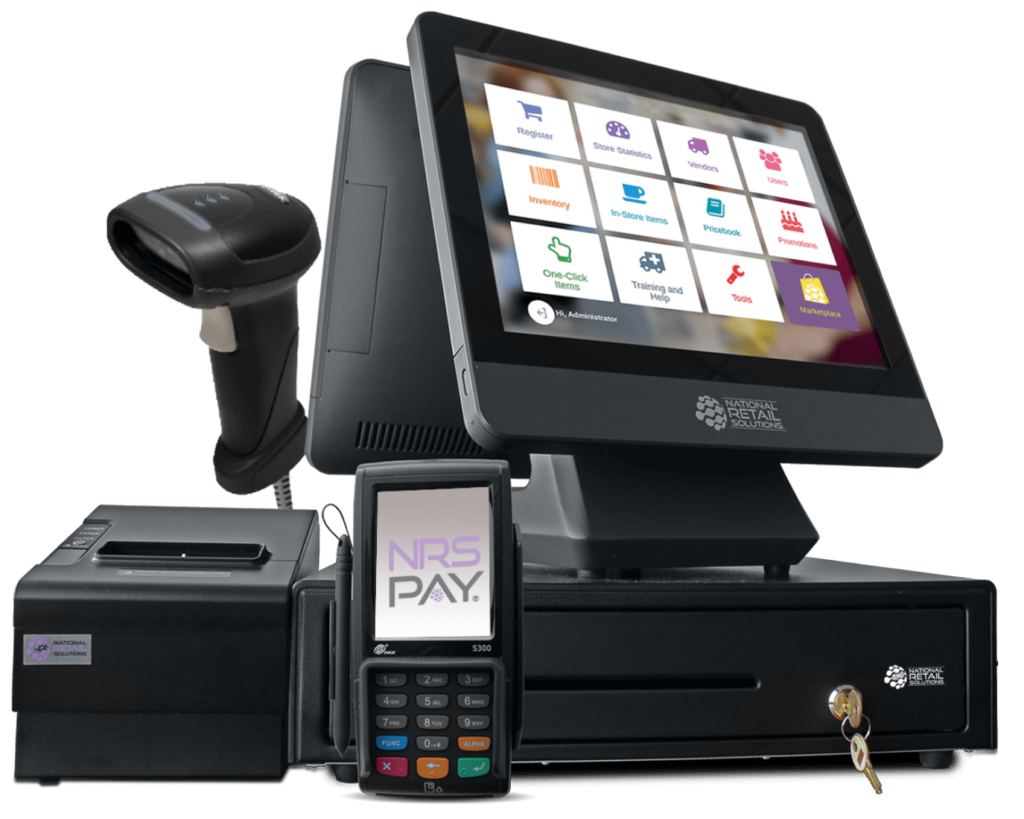Within today's fast-paced business landscape, understanding the intricacies of Point of Sale solutions is crucial for any entrepreneurial leader looking to thrive. A POS system is no longer simply a tool for processing transactions; it has morphed into a complex solution that can significantly improve operational efficiency, customer experience, and data handling. As businesses transition from traditional cash registers to modern cloud-based solutions, it's crucial to understand the regulatory and regulations that over see these solutions to guarantee both safety and effectiveness.
With tech advancing swiftly, companies need to keep abreast about the latest features and functionalities of POS systems. This involves not only comprehending the benefits they offer but also maneuvering through the compliance landscape, including Payment Card Industry compliance and security measures for data. In this detailed resource, we will explore the different aspects of POS systems, including their evolution, the key features to consider, and how to ensure a safe and regulatory-compliant system that supports your commercial requirements.
Key Attributes of Modern POS Systems
Advanced POS systems have evolved dramatically, offering a variety of features that boost business operations. One of the most critical features is inventory management, which enables businesses to track stock levels in real time, control reordering, and reduce unneeded inventory. This feature is particularly beneficial for retailers and food businesses, as it encourages better decisions regarding products and reduces losses due to spoilage or aging.
A further key feature is smooth payment processing. Today's POS solutions support various payment methods, which include credit and debit card cards, e-wallets, and contactless payments. This versatility not only improves the customer experience by providing convenience but also responds to changing consumer preferences. Furthermore, the incorporation of EMV chip technology and contactless payment options boosts transaction security, protecting both the business and its clients.
Finally, data analysis and reporting capabilities are essential components of contemporary POS systems. These features enable business owners to gather and analyze sales data, consumer habits, and inventory trends. With usable information derived from this data, businesses can make informed decisions, adapt marketing strategies, and improve operations to drive expansion. This feature separates advanced POS solutions from classic cash tills, making them indispensable for competitive businesses.
Guaranteeing Protection and Compliance in POS Solutions
In the modern digital environment, guaranteeing the protection and compliance of POS solutions is essential for any organization. With an growing number of digital threats targeting monetary information, it is vital for businesses to implement robust security measures. Frequent updates and maintenance of the Point of Sale software can support shield against weaknesses. Organizations must also invest in educating staff to recognize fraud attempts and other malicious activities that could threaten the system.
PCI compliance is a crucial component that organizations must observe when operating a Point of Sale solution. The Payment Card Industry Data Security Standard outlines fundamental standards to protect payment data during transactions. Neglect to comply can cause significant charges and violations that risk consumer details at hazard. It is important for businesses to regularly evaluate their compliance level and partner with their POS providers to confirm all security protocols are followed.
Additionally, employing cutting-edge technology such as EMV chip technology can greatly boost the protection of exchanges processed through POS systems. This technology protects private data, rendering it more difficult for criminals to access. Moreover, integrating features like NFC payments and artificial intelligence security solutions can even strengthen a organization’s protection against possible risks, ensuring a safe environment for both consumers and employees.
Integrating Sales Processing Systems for Business Efficiency
Embedding a POS system into your company operations can significantly improve efficiency and simplify processes. When POS systems are combined with other software solutions, including accounting and inventory management tools, data transfers smoothly between systems. This integration reduces the likelihood of human error and guarantees that crucial information, including sales trends and stock levels, is consistently up to date. Therefore, businesses can base informed decisions rapidly, which can improve overall productivity.
Moreover, an integrated POS system supports employees by streamlining their tasks. For example, as sales data automatically synchronizes with accounting software, staff do not need to manually enter data, allowing them to concentrate on more important customer interactions. This not only boosts employee morale but also elevates the customer experience, as staff can provide faster and more reliable service. Additionally, real-time inventory management helps prevent stockouts and overselling, additionally increasing operational efficiency.

Ultimately, businesses that take advantage of integrated POS systems gain improved insights into their operations through enhanced analytics. By examining data from various sources, owners can recognize trends, track key performance indicators, and develop strategies that correspond with consumer behavior. This comprehensive view of the business ultimately leads to enhanced decision-making and resource allocation, enabling growth and profitability in today’s competitive market.
